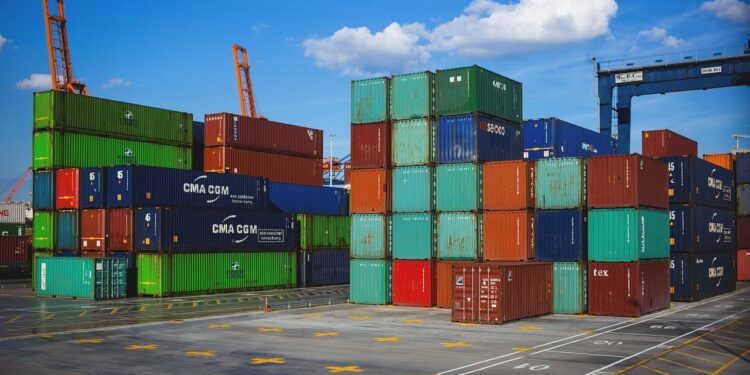If you are running a cross-border e-commerce organization, you would require shipping cargo across international borders. You must have been incredibly surprised to see how the freight shipping cost jumps up drastically across international borders. You may realize that there are numerous variables involved while delivering shipments from one nation to another. From the current fuel prices to international disputes, and economic conditions, it should take some time for your cargo to arrive at its specified destination. It is better to get ready for dealing with changing freight shipping costs by identifying and understanding the factors influencing them.
If you consider the present global supply chain scenario, it is marked by weaknesses everywhere. There seem to be huge dislocations in the current container market, air cargo, ports, shipping routes, railways, trucking lines, and warehouses. The result is creating scarcities or shortfalls in crucial manufacturing components, delivering delays, order backlogs, and a dramatic spike in consumer prices and transportation costs.
Cost of Fuel
Irrespective of the shipping mode, fuel will be required to transport and deliver the freight. Fuel costs are dynamic, and they keep changing. Fuel costs play a pivotal role in determining the price of shipping your goods. Shipping prices keep fluctuating with fluctuating fuel costs. When fuel prices go up in the domestic and international markets, it automatically implies that freight shipping organizations will require passing the burden of the additional costs directly to their customers. All sorts of global events can trigger changes in fuel prices. In the event, that an oil-producing company is holding a huge supply of fuel, it will help in reducing the oil prices by flooding the market. Often the oil supply to a country may be cut off because of dirty politics or nasty international disputes. In such an event, fuel prices will dip dramatically, and freight rates are bound to go down.
Customs and Trade Tariffs
Cross-border e-commerce implies shipping to an international destination. When you need to deliver shipments from one nation to another, you have to pay trade tariffs. Trade tariffs are taxes on items imported from another nation. Trade tariffs or taxes will be instrumental in driving up international shipping costs. A country may consider imposing trade tariffs for many reasons. It may encourage domestic manufacturing and production by imposing trade tariffs with other countries. Another reason a country decides to start imposing trade tariffs is to punish a particular nation actively involved in unlawful behavior. The nation is impacted because the implementation of trade tariffs may start implementing their trade tariffs, restricting trade between these two nations. Trade tariffs depend primarily on international relations. International disputes may arise due to nuclear weapon proliferation, abuse of human rights, or sovereignty issues. Some tariffs are temporary measures, while others are permanent and here to stay until both the trading nations agree.
Security
Some countries are extra-vigilant and are used to imposing stringent security measures at all their shipping ports. This issue is quite common in states under authoritarian rule and even in countries going through a ‘state of emergency’. These countries are ultra-careful and excessively skeptical about the sanctity of all incoming packages. Cargo coming in from another country is often treated with doubt or distrust. The shipments face rigorous screening processes before they get permission to step on their soil. These additional security measures can cause shipment delays and a hike in shipping costs, provided a security surcharge is levied by the port.
Port Congestion
Some of the world’s busiest ports may be responsible for port congestion or creating bottlenecks in your supply chain. It can trigger a hike in fuel costs. Moreover, deliveries will be delayed. Hong Kong and Singapore in Asia are some of the busiest ports since China, and some other Asian nations have ramped up exports and domestic production. Your shipping costs are bound to be more if you are shipping to one of these busy ports worldwide.
Conclusion
International shipping plays a pivotal role in running your cross-border e-commerce organization. Hence, it is crucial to identify the factors impacting international shipping expenses. The more knowledge you gather relating to international shipping, your decisions are bound to get better and more well-informed.
















